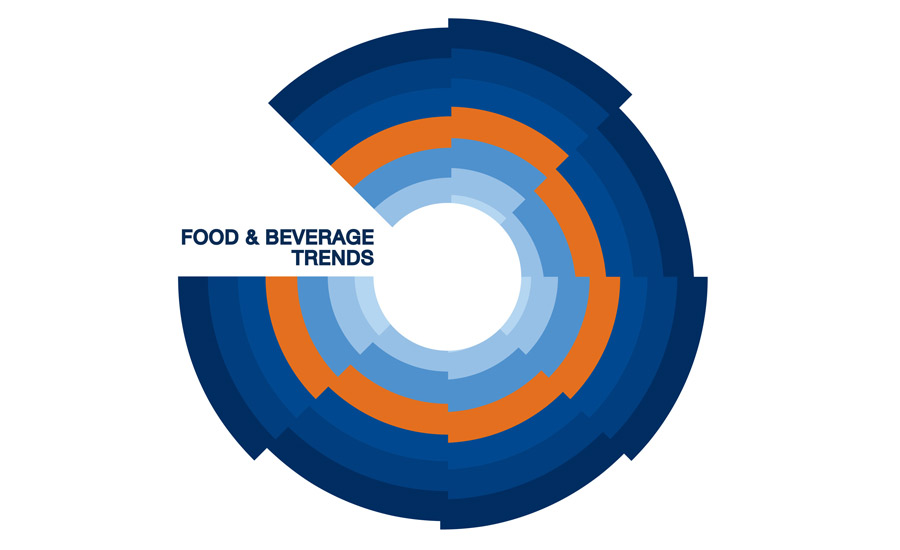Brand Marketing Loses Connection to Consumers
Brands fall out of favor as pressure mounts to win back faltering customer loyalty

EY data finds consumers are reassessing their choices, as they are carefully evaluating price, value and pack size while rethinking the role brands play in their lives. According to the latest EY Future Consumer Index (FCI), 88% of respondents believe brand messaging does not resonate with their needs and values and a slightly more than a third (34%) no longer consider brands when making purchasing decisions.
At a time of continued high inflation, trade tariff uncertainty and a difficult macro-economic environment, consumers are worried, with more than half of respondents (55%) very concerned with the rise of living costs. With price sensitivity topping the list of purchase considerations for 81% of consumer respondents globally, the survey reveals heightened consumer expectations of value, trust and relevance. Almost half (47%) of respondents globally are very concerned about their country’s economy, in particular millennials (50%) and Gen Z (43%).
According to the FCI – which surveyed more than 20,000 consumers across 26 countries – economic pressures are forcing consumers to trade down as more than half (55%) of global consumer respondents report “rising living costs” as a top concern. This is felt most acutely in the US (61%) France (60%) and the UK (58%), with just 16% of Chinese respondents reporting the same concerns.
According to the survey, more than three-quarters (77%) of respondents are actively changing their purchase behavior in response to price increases. When faced with price increases across different product categories, 41% of respondents globally opt for less expensive home and household care products and 17% stop purchasing alcohol altogether. About two-fifths (41%) of consumers surveyed are buying fewer snacks and confectionary.
Private label is reaching a tipping point
The survey reveals the increasing adoption of private label products is reshaping consumer perception, making store brands the preferred alternative to traditional branded options – 67% say private label satisfies their needs just as well as branded products. Thirty percent of respondents say they no longer consider brands at all when making purchasing decisions. Even when brands turn to innovation and “brand improvements” such as changing ingredients or formulas to create more value, 42% of respondents believe these are simply cost-cutting exercises and not genuine innovation. Nearly nine in 10 (88%) of respondents do not think that brand messaging matches their needs and values, and with 54% of respondents only buying branded products when they are on sale, consumers are prioritizing discounts over brand loyalty.
The FCI data shows that the drivers of private label adoption vary by both generation and by country. In China, Gen Z is driving the shift: on average 37% of China’s Gen Z respondents consider private label across categories, influenced by “dupe” culture, where consumers seek cheaper “duplicates” of more expensive items and smart, frugal choices are a form of status. In contrast, in the US, private label adoption is highest among older consumer respondents, particularly in food and cleaning and household products. In Europe, specifically Germany, private label adoption is being driven by older generations across all product categories when compared with China and the US.
Retailers appear to be tapping into this shift to private label, with 64% of respondents reporting seeing more private labels on shelves and 59% stating they see more private label items positioned at eye level. More than a third (36%) of respondents state they will continue purchasing store brands and do not intend to return to traditional branded products.
Brands are being forced to prove their worth
The EY Future Consumer Index reveals that Chinese respondents are the most likely to switch brands (66%) and South Africans are the most loyal (38%), but Japanese respondents are most likely to be indifferent toward brands (29%). Gen Z respondents are most likely to switch brands (64%), while millennials are the most loyal (25%).
There are reasons for brands to be optimistic, as 65% of respondents globally stating they still value them. Notably, 48% of respondents are willing to return to a premium branded product if it offers superior taste, quality or performance, and 36% would switch back to a brand for better value. A third (33%) are also willing to pay a premium for enhancements that improve product performance. Product categories perceived as the most innovative – beauty (43%), personal care (39%) and household care (39%) – are reaping the rewards of their research and development (R&D) investment.
The survey also reveals that artificial intelligence (AI) still has a way to go to be considered a key shopping tool as 58% of respondents still haven’t made purchase decisions based on AI recommendations. With 50% of AI suggestions favoring premium brands, visibility matters for consumer products companies.
Looking for a reprint of this article?
From high-res PDFs to custom plaques, order your copy today!



